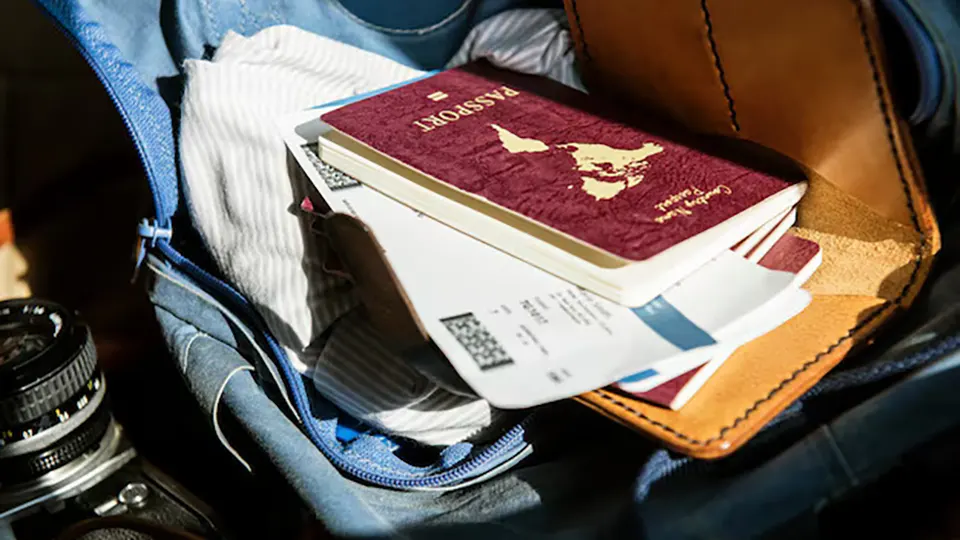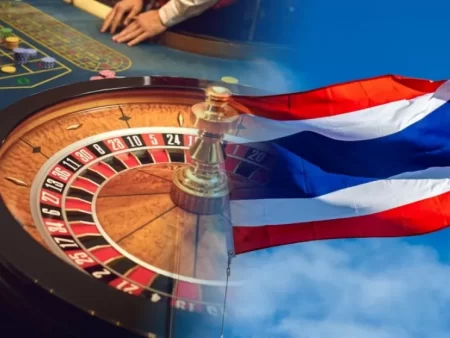The Philippines has recently taken decisive action to regulate the controversial Philippine Offshore Gaming Operators (POGOs) industry, targeting illegal activities and enforcing stringent immigration laws. As part of these efforts, Filipino authorities have deported several Indonesian nationals who were allegedly working without the necessary legal permits in POGO establishments. This move highlights the government’s broader strategy to address illegal labor practices and combat the rise in criminal activities linked to the POGO sector.

Understanding the Rise and Fall of POGOs in the Philippines
POGOs emerged as a lucrative industry in the Philippines, providing online gambling services mainly for foreign players, especially Chinese nationals, where gambling restrictions are much stricter. The industry’s rapid growth brought economic benefits, creating jobs and increasing revenues. However, it also attracted attention for lax regulatory practices and reported associations with criminal activities such as human trafficking, tax evasion, and even kidnapping. Due to these concerns, the government has significantly increased its oversight of POGO operations, with multiple shutdowns and investigations into compliance breaches.
The Recent Deportation of Indonesian Workers: A Targeted Approach
In the latest enforcement measure, Philippine immigration authorities carried out a routine inspection at various POGO sites, during which numerous Indonesian workers were identified without proper documentation. These individuals were reportedly working under conditions that violated immigration and labor laws, prompting authorities to take immediate action. This deportation marks one of several similar steps taken to curb illegal employment and ensure that foreign nationals working in the country have the required permits and adhere to local regulations.
The Bureau of Immigration (BI) emphasized that the inspections are part of a more extensive crackdown on POGOs operating without proper authorization. The BI reiterated its commitment to protecting the Philippine workforce and preserving law and order by regulating the presence of foreign workers, ensuring they do not pose a security threat or infringe upon local employment opportunities.
Implications for the POGO Industry and the Indonesian Workers
The deportation of Indonesian workers sends a clear message to POGO operators and foreign workers alike. For POGO businesses, it’s a stern warning that operating outside of legal frameworks will not be tolerated. This pressure from authorities may prompt many operators to reconsider their business practices or risk losing their license altogether. For the foreign workers affected, these deportations serve as a reminder to adhere to the country’s immigration laws and highlight the risks associated with working under unauthorized conditions.
This crackdown also reflects a shift in the Philippine government’s approach to the POGO sector. Previously, the industry was largely left unchecked, allowing it to grow into a significant economic contributor. Now, however, there is an apparent move to strike a balance between economic gains and maintaining social order and public safety. The government has voiced its concern about the social implications and legal issues surrounding the POGO industry, making it clear that any entity flouting the law will face consequences.
What Lies Ahead for POGOs in the Philippines?
With the increasing number of shutdowns and deportations, the future of POGOs in the Philippines remains uncertain. Some lawmakers argue that the industry’s potential for harm outweighs its economic benefits, suggesting that a full ban might be the only way to protect the country’s interests. On the other hand, there are voices advocating for the industry’s regulation, believing that with strict oversight and a commitment to legal and ethical practices, POGOs could still contribute positively to the economy.
This recent wave of deportations indicates a possible middle ground that the Philippine government may pursue — a path focused on stricter regulations, regular inspections, and enforcement of labor and immigration laws. By holding operators accountable, the government aims to ensure that the POGO industry operates in a way that is both lawful and beneficial to the country. However, if violations continue, the government may face mounting pressure to shut down the industry entirely to prevent further social and legal ramifications.
In the meantime, the crackdown serves as a crucial reminder to foreign nationals and operators alike: compliance with local laws is essential for the industry to remain viable. This approach not only supports public safety but also reinforces the integrity of the Philippines’ legal and labor systems.












